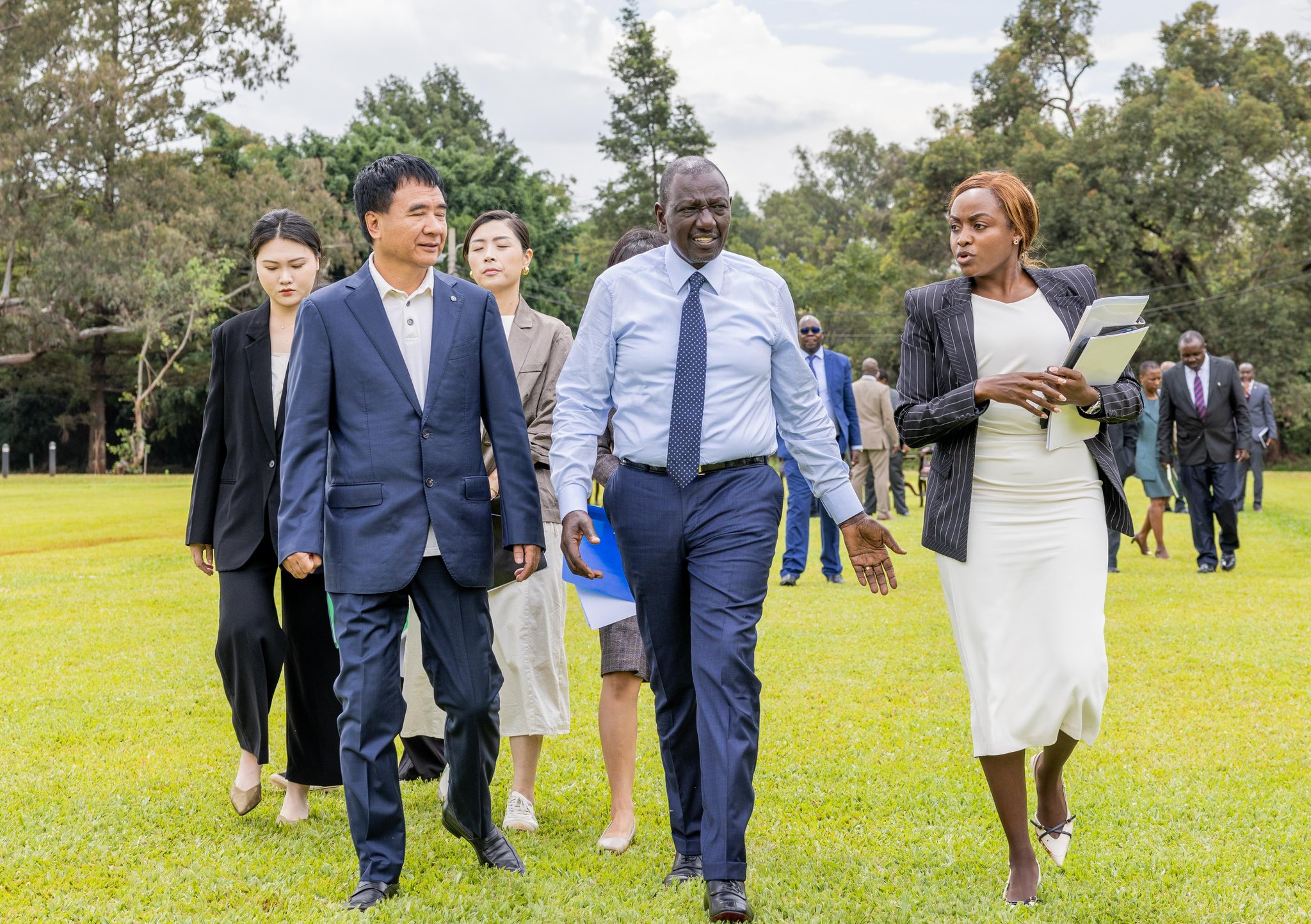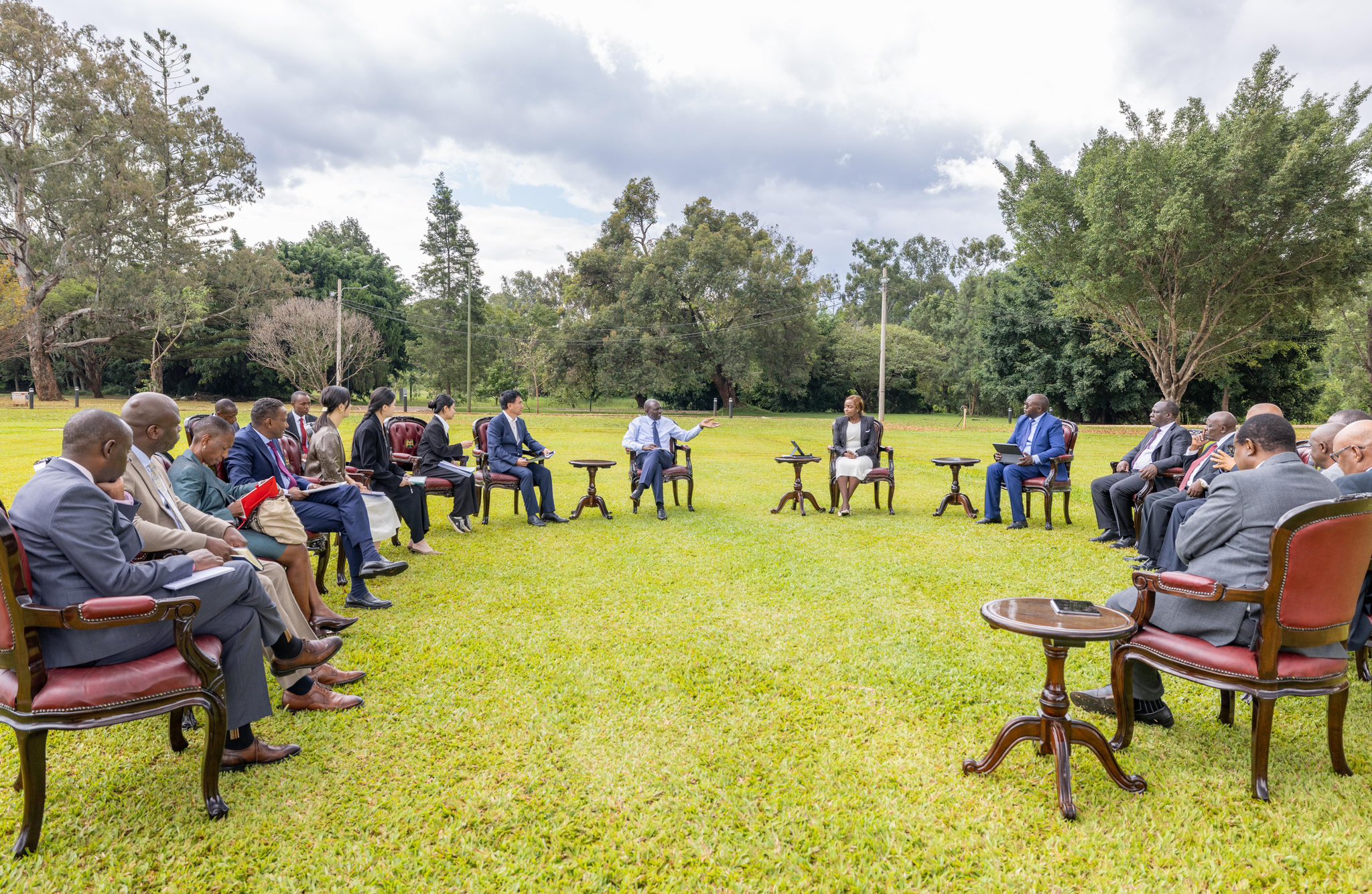

President William Ruto on Tuesday met Chinese tea investors as part of efforts to strengthen Kenya’s tea exports to the country amid the declining tea prices.
The meeting with Fuzhou Benny Tea Industries, led by its chairperson Zhang Chaobin was aimed at deepening trade ties and expanding the market for Kenyan orthodox and specialty teas in China.
It follows Ruto’s recent state visit to the nation. Benny Tea Industries, ranked among the top three tea companies in China, expressed strong interest in sourcing its annual orthodox tea requirements from the country.
The delegation from China’s Fujian Province was accompanied by Kenya’s Deputy Head of Mission in China, Ambassador Lynette Ndile.
Also in attendance were officials from the Ministry of Agriculture, Kenya Tea Development Agency (KTDA), and the Kenya Tea Board.
In a statement, Ruto stated that his administration is prioritising the growth, packaging, and export of specialty teas to increase agricultural revenues.
“Our plan to boost agricultural production, expand markets, and increase farmers' earnings has been progressing well. We are not only harvesting more maize and producing more tea, coffee and sugar, but the prices of these products have improved significantly,” he said.
“We discussed ways of increasing access to our tea in the Chinese market.”
During the discussions, Zhang committed to investing in modern tea processing factories in select tea-growing counties to boost value addition and enhance the competitiveness of Kenyan tea in global markets.
The company also pledged to invest in modern tea processing facilities in key tea-growing counties, a move expected to enhance value addition and competitiveness of Kenyan orthodox tea in international markets.

This is in addition to strengthening bilateral trade relations and promote key commodities like tea, coffee, avocado, and macadamia in the Chinese market.
This initiative comes at a time when the small-scale tea farmers are grappling with declining global prices.
According to the Tea Board of Kenya, the average auction price for Kenyan tea stood at $2.25 per kilogramme in September 2024, down from $2.68 per kilogramme in early 2022.
The World Bank projects a further 2 per cent decline in tea prices in 2025, attributing the downturn to robust supply from major producers and weak demand from key importers such as Iran.
In response to these challenges, the Kenyan government has implemented measures to enhance the competitiveness of its tea industry.
In October 2024, Kenya abolished the minimum reserve price of $2.34 per kilogramme at the Mombasa Tea Auction to stimulate demand and reduce unsold stockpiles, which had reached over 100 million kilogrammes.











